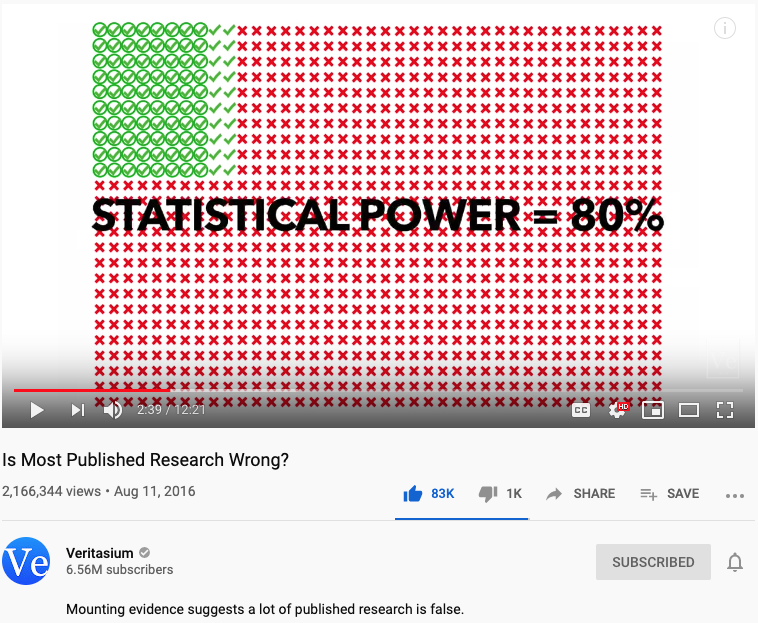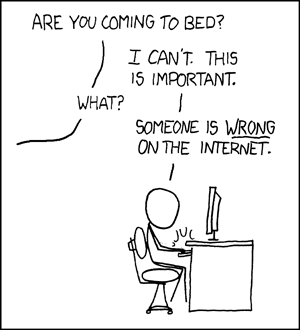-
Notifications
You must be signed in to change notification settings - Fork 3
New issue
Have a question about this project? Sign up for a free GitHub account to open an issue and contact its maintainers and the community.
By clicking “Sign up for GitHub”, you agree to our terms of service and privacy statement. We’ll occasionally send you account related emails.
Already on GitHub? Sign in to your account
Sleep experts explain how to get better sleep #44
Comments
|
Most of the info in this video is good. ✅ But there are a few issues worth noting. The notion of "Count back 7.5 hours from your wake-up time" assumes This overly simplistic advice is about as misleading and counterproductive as Arnold's "Sleep Faster" 🤦♂ Chronotypes are NOT Set in Stone!Chronotypes are an excuse to ignore circadian rhythm and stay up way after sunset using artificial light. I switched from being a "night owl" (going to bed after 1am) to being a "lark" (in bed by 21:00 and up by 05:00) by having a reason to get up early. I wasn't a "morning person" in fact much the opposite, I used to get up 10 minutes before I had to leave the house! I perfected the 90 second shower and got dressed faster than most firemen! I did everything I could to stay in bed as long as possible. If someone has told me about "chronotypes" when I was 17 I would have used it as an excuse to stay up even later! People who are convinced by the Chronotype dogma are the same as those who are sold on the Myers-Briggs "personality test" ... Oh, I'm an "introverted intuitive" because I like to read a lot and draw my own conclusions ... but then I'm into public debating and so I'm an "extrovert sensing" ... i.e. two opposite sides of the spectrum. Not very scientific or reliable measure.
Not saying that Chronotypes have been or will be debunked the way MBTI has been. Just that people need to understand one important thing: don't be defined by an arbitrary label and then use it as an excuse to underachieve because you are too undisciplined to have a bed time and wake up early. A 47 Minute Sales Pitch for Modius SleepI'm quite disappointed with this talk because Tom is on the Board of Neurovalens (Jason McKeown's company) makers of the Modius Sleep. They both have a vested (cash) interest in pushing this product to their audience. They are using a few facts in the talk as the build-up to entice people to buy. This is a well-known sales technique. The Indiegogo campaign: Links to the following BMJ abstract: https://bmjopenrespres.bmj.com/content/6/Suppl_1/A31.2
There are so many issues with this "study" it's comical!
Anyone who is naively convinced by this "study" should watch the following video: And read: https://bigthink.com/neurobonkers/believe-it-or-not-most-published-research-findings-are-probably-false The major problem with people having a vested financial interest in publishing their "study" results in a prestigious medical journal like BMJ is that there is a high incentive to fabricate favourable data.
I could go into a lot more detail about everything that is wrong with this video and Tom selling this untested device but I have to get back to my work ... ⏳ |







https://www.youtube.com/watch?v=Yl0C3Hv0Hxk
I've taken some notes on what was particularly interesting to me:
Sleep stages
Sleep is individual
Sleep schedule consistency is the most important thing and you certainly don't need 8 hours, you need the right amount of time for your chronotype.
To figure out your ideal times to go to sleep: Count back 7.5 hours from your wake-up time (when your whole house wakes up) and see when you wake up naturally without an alarm. Adjust the sleep time based on your natural wake-up time.
Your chronotype can change over time but usually stabilises for the time between 22 and 50 years of age.
Sleep Hygiene
Fix Your Sleep Naturally
The biggest problem for sleep is people not being able to deal with the stress and not knowing how to slow down their brains
Cognitive behavioural therapy is therefore a great way to try treating this Psycho-physiological insomnia:
www.thesleepdoctor.com
The text was updated successfully, but these errors were encountered: